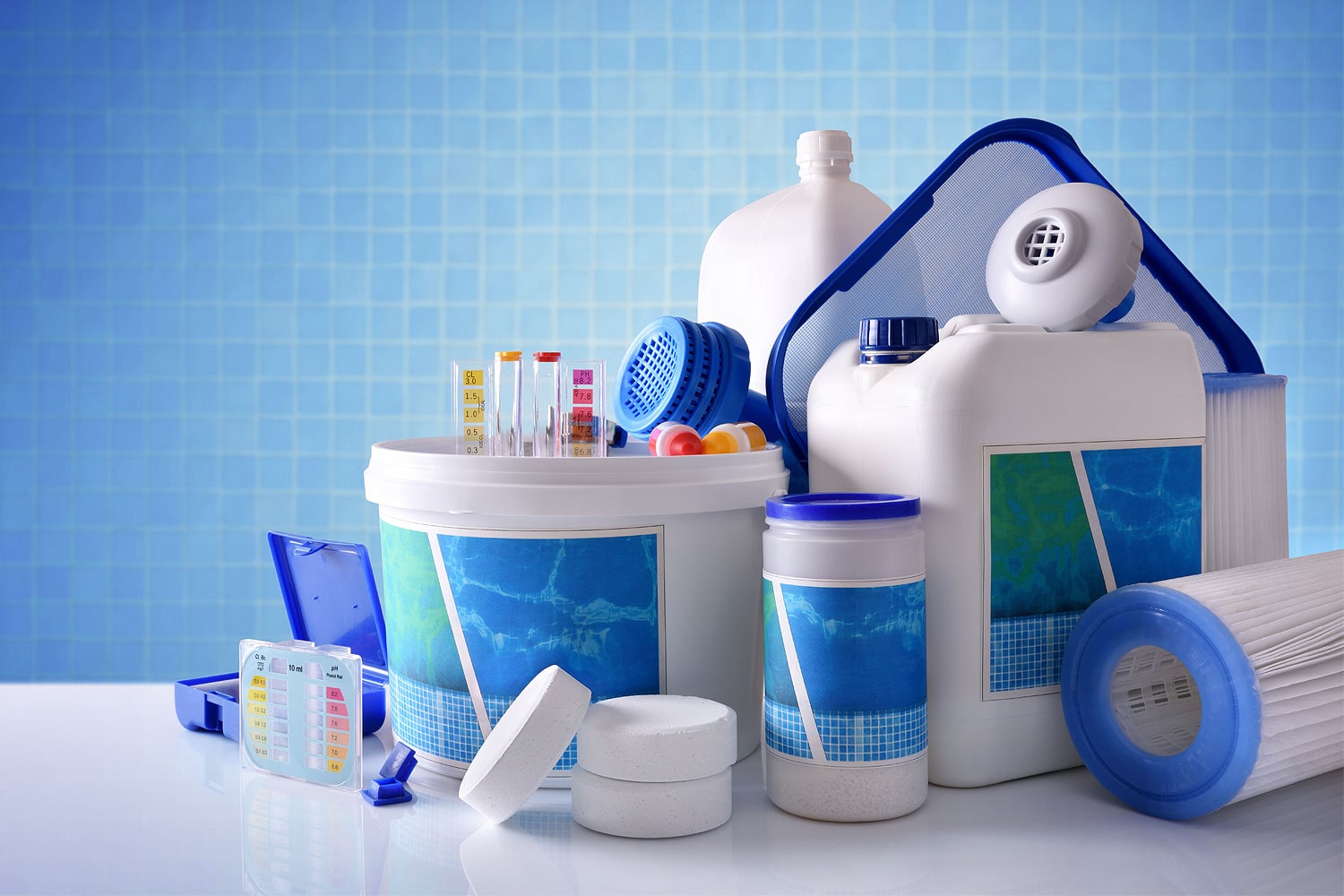

Articles
How To Store Pool Chemicals Outside
Modified: January 6, 2024
Learn the best methods for storing pool chemicals outside with our informative articles. Safely store and preserve your pool chemicals for optimal pool maintenance and safety.
(Many of the links in this article redirect to a specific reviewed product. Your purchase of these products through affiliate links helps to generate commission for Storables.com, at no extra cost. Learn more)
Introduction
Properly storing pool chemicals is crucial for maintaining a safe and well-maintained swimming pool. Whether you are a pool owner or a professional pool maintenance technician, knowing how to store pool chemicals outside is essential for the longevity of the chemicals and the safety of everyone in the vicinity.
Storing pool chemicals incorrectly can lead to chemical reactions, fires, or even explosions, posing significant risks to both property and human health. By following a few simple guidelines, you can ensure that your pool chemicals remain effective and safe to use.
In this article, we will explore the various safety precautions to follow when storing pool chemicals, as well as provide tips on choosing the right storage location, selecting proper storage containers, and properly storing different types of pool chemicals. Additionally, we will discuss the importance of labeling and organizing your storage area, performing regular maintenance and inspections, and conclude with overall best practices for pool chemical storage.
Key Takeaways:
- Prioritize safety by following essential precautions when storing pool chemicals outside, including wearing protective gear, avoiding mixing chemicals, and keeping them away from flammable materials and direct sunlight.
- Choose the right storage location, select proper storage containers, and follow specific guidelines for storing chlorine-based, acid-based, and other pool chemicals to ensure their longevity, effectiveness, and safety.
Read more: How To Store Pool Towels Outside
Safety Precautions
When it comes to handling and storing pool chemicals, safety should always be the top priority. Here are some essential safety precautions to follow:
- Read and follow product instructions: Before using any pool chemical, carefully read and understand the instructions provided by the manufacturer. This will provide you with important information about proper handling, storage, and usage.
- Wear protective gear: When working with pool chemicals, always wear appropriate protective gear such as goggles, gloves, and a mask. This will protect you from exposure to harmful fumes and prevent skin and eye irritations.
- Avoid mixing chemicals: Never mix different pool chemicals together unless specifically instructed to do so. Mixing certain chemicals can result in hazardous reactions, releasing toxic gases or causing explosions.
- Store away from flammable materials: Keep pool chemicals away from flammable materials such as gasoline, oil, and other chemicals. Store them in a separate, well-ventilated area to minimize the risk of accidental fires or combustion.
- Keep out of reach of children and pets: Store pool chemicals in a secure location that is inaccessible to children and pets. Consider using lockable storage cabinets or high shelving to prevent accidental exposure or ingestion.
- Store away from direct sunlight: Exposure to direct sunlight can affect the stability and potency of certain pool chemicals. Choose a storage location that is cool, dry, and away from direct sunlight to ensure the chemicals remain in their optimal condition.
- Have a spill kit ready: Accidents can happen, so it’s important to have a spill kit readily available. The spill kit should contain items such as absorbent materials, gloves, goggles, and a disposal bag to handle any chemical spills or leaks safely.
- Properly ventilate the storage area: Ensure that the area where you store pool chemicals is well-ventilated to prevent the buildup of vapors. Proper ventilation reduces the risk of inhalation and exposure to potentially harmful fumes.
- Label all containers: Always label your storage containers clearly with the name of the chemical and any specific handling instructions. This will help you identify the contents quickly and facilitate proper handling and usage.
By following these safety precautions, you can minimize the risk of accidents, injuries, and chemical reactions when storing pool chemicals outside. Remember, taking the necessary safety measures is vital for the well-being of both yourself and those around you.
Choosing the Right Storage Location
When it comes to storing pool chemicals outside, selecting the right storage location is crucial for ensuring their safety and effectiveness. Here are some factors to consider when choosing the storage location:
- Accessibility: The storage area should be easily accessible for regular maintenance and inspections. You want to be able to reach the chemicals quickly and safely whenever necessary.
- Away from living areas: It is important to store pool chemicals away from living areas, such as homes, sheds, or garages, to reduce the risk of accidental exposure to fumes or accidents.
- Ventilation: Choose a location that provides adequate ventilation to prevent the buildup of fumes and odors. Outdoor areas with good airflow, such as patios or breezeways, are ideal for storing pool chemicals.
- Separation from other materials: Pool chemicals should be stored separately from other chemicals, fertilizers, or cleaning products. This prevents any potential chemical reactions that could lead to hazards.
- Temperature control: Pool chemicals are typically best stored in a cool, dry area. Extreme temperatures can degrade their effectiveness or even cause them to become unstable. Avoid locations that are excessively hot or cold.
- Secure and lockable: It is crucial to store pool chemicals in a secure location, especially if you have children or pets. Consider using lockable storage cabinets or sheds to prevent unauthorized access.
- Avoid direct sunlight: Exposure to direct sunlight can degrade the quality and potency of pool chemicals. Opt for a storage location that is shaded or shielded from direct sunlight.
By considering these factors, you can choose a storage location that provides the optimal conditions for storing pool chemicals outside. This will ensure their longevity and effectiveness while minimizing any potential risks associated with improper storage.
Selecting Proper Storage Containers
Choosing the right storage containers for pool chemicals is essential to ensure their safety and effectiveness. Here are some considerations to keep in mind when selecting storage containers:
- Chemical compatibility: Different pool chemicals may react with certain materials. Ensure that the storage containers you choose are compatible with the specific chemicals you are storing. It is recommended to use containers made of high-density polyethylene (HDPE), which is resistant to a wide range of pool chemicals.
- Airtight and leak-proof: Pool chemicals can emit fumes and react with air, leading to decreased effectiveness or even hazards. Select containers that are airtight and leak-proof to prevent any leakage or unnecessary exposure to air.
- Size and capacity: Consider the size and quantity of chemicals you need to store when choosing storage containers. Ensure that the containers can adequately accommodate the amount of chemicals you have while allowing some extra space for easy handling.
- Clear labeling: Proper labeling is essential for easy identification and safe handling of pool chemicals. Choose containers that have a designated area for clear labeling, including the name of the chemical, any hazards or handling instructions, and the date of purchase or expiration.
- Durable and sturdy: Select containers that are durable and sturdy to withstand outdoor conditions. They should be able to withstand temperature fluctuations and resist damage from impacts or external forces.
- Accessibility: Containers should be easy to open and close, allowing for convenient access when retrieving or adding chemicals. Consider containers with wide openings or lids that are simple to operate.
- Stackable: If you have limited space, choose containers that are stackable to maximize storage efficiency. This will allow you to store more chemicals in a smaller area without compromising accessibility.
- Separate containers for different chemicals: It is crucial to store different types of pool chemicals separately to avoid any potential chemical reactions. Use individual containers for chlorine-based chemicals, acid-based chemicals, algaecides, and other pool chemicals.
Remember, proper storage containers are vital for keeping pool chemicals safe, potent, and effective. By selecting the right containers, you can ensure the longevity of your pool chemicals and minimize the risk of accidents or hazards.
Storing Chlorine-Based Chemicals
Chlorine-based chemicals are commonly used in pool maintenance to sanitize the water and keep it free from bacteria and algae. Proper storage of these chemicals is crucial to maintain their effectiveness and ensure safety. Here are some guidelines for storing chlorine-based chemicals:
- Choose appropriate containers: Use containers specifically designed for storing chlorine-based pool chemicals. These containers are typically made of high-density polyethylene (HDPE), which is resistant to chlorine and other reactive substances.
- Keep containers tightly sealed: Ensure that the containers are tightly sealed to prevent the release of chlorine gas into the surrounding area. This is important to maintain the potency of the chemicals and minimize the risk of inhaling hazardous fumes.
- Store in a cool, dry area: Chlorine-based chemicals are sensitive to heat and moisture, which can reduce their effectiveness and lead to chemical reactions. Store them in a cool, dry location away from direct sunlight and sources of moisture.
- Separate from other chemicals: Keep chlorine-based chemicals separated from other pool chemicals to avoid any potential reactions. This includes acids, algaecides, and other chemical treatments.
- Follow expiration dates: Check the expiration dates on the chlorine-based chemicals and discard any that have expired. Expired chemicals may not be as effective and could potentially cause issues with pool water balance.
- Avoid overstocking: Only purchase the amount of chlorine-based chemicals that you will use within a reasonable time frame. This helps prevent excessive accumulation and ensures that you are using fresh chemicals for pool maintenance.
- Properly label containers: Clearly label containers with the name of the chlorine-based chemical, handling instructions, and any precautionary warnings. This will help you easily identify the contents and handle them safely.
Following these guidelines will help you store chlorine-based chemicals in a proper and safe manner. By maintaining the integrity of the chemicals, you can enjoy a well-sanitized pool and reduce the risk of accidents or exposure to harmful substances.
Store pool chemicals outside in a well-ventilated, dry area away from direct sunlight and moisture. Keep them in their original containers with tightly sealed lids, and separate incompatible chemicals to prevent reactions.
Read more: How To Store Pool Chemicals
Storing Acid-Based Chemicals
Acid-based chemicals, such as muriatic acid or hydrochloric acid, are commonly used in pool maintenance to balance the pH levels of the water. Proper storage of acid-based chemicals is crucial to ensure their effectiveness and prevent any potential hazards. Here are some guidelines for storing acid-based chemicals:
- Choose acid-resistant containers: Acid-based chemicals can be corrosive and react with certain materials. Use containers specifically designed to resist the corrosive properties of acid. High-density polyethylene (HDPE) containers or acid-resistant plastic containers are recommended.
- Store in a well-ventilated area: Acid-based chemicals can release fumes, which can be irritating and harmful when inhaled. Ensure that the storage area is well-ventilated to allow the fumes to dissipate. Avoid storing in areas with poor air circulation.
- Keep containers tightly sealed: Acid-based chemicals can release toxic fumes and react with moisture in the air. Make sure that the containers are tightly sealed to minimize fume emissions and prevent moisture absorption.
- Store in a cool, dry location: Acid-based chemicals are sensitive to temperature and humidity. Store them in a cool, dry location away from direct sunlight and sources of heat to maintain their effectiveness.
- Separate from other chemicals: Store acid-based chemicals separately from other pool chemicals to prevent potential reactions. Do not store them near chlorine-based chemicals or any other substances that may react with acids.
- Follow manufacturer’s instructions: Read and follow the manufacturer’s instructions for the specific acid-based chemicals you are using. This includes proper handling, storage, and disposal guidelines.
- Use personal protective equipment (PPE): When handling acid-based chemicals, always wear the appropriate personal protective equipment, including goggles, gloves, and a mask, to protect yourself from potential hazards.
- Properly label containers: Clearly label containers with the name of the acid-based chemical, handling instructions, and any precautionary warnings. This will help you easily identify the contents and handle them safely.
By following these guidelines, you can ensure the safe storage and handling of acid-based chemicals. This will help maintain their effectiveness and minimize the risk of accidents or exposure to potentially harmful substances.
Storing Algaecides and Other Pool Chemicals
In addition to chlorine-based and acid-based chemicals, there are other pool chemicals such as algaecides, clarifiers, and pH adjusters that are essential for maintaining a clean and balanced pool. Proper storage of these chemicals is crucial to ensure their effectiveness and safety. Here are some guidelines for storing algaecides and other pool chemicals:
- Choose appropriate containers: Use containers specifically designed for storing pool chemicals. Opt for containers made of high-density polyethylene (HDPE) or other chemical-resistant materials to prevent any potential chemical reactions.
- Store in a cool, dry location: Pool chemicals, including algaecides and clarifiers, should be stored in a cool, dry area to maintain their efficacy and prevent degradation. Avoid storing them in areas that are exposed to high temperatures or excess humidity.
- Separate incompatible chemicals: Some pool chemicals may react when in contact with one another, leading to hazardous reactions. Store different types of pool chemicals, such as algaecides and clarifiers, in separate containers to avoid any accidental mixing and potential chemical interactions.
- Follow storage instructions: Read the product labels or manufacturer’s instructions for specific storage guidelines for each pool chemical. Different chemicals may have specific storage requirements, including temperature limits or recommendations for ventilation.
- Keep containers tightly sealed: Ensure that the lids or caps of the containers are tightly sealed to prevent any leakage or exposure to air. This will help maintain the effectiveness and quality of the pool chemicals over time.
- Properly label containers: Clearly label each storage container with the name of the chemical, any handling precautions, and any expiration dates or purchase dates. Proper labeling will help you identify the contents and safely handle the pool chemicals.
- Store away from direct sunlight: Exposure to direct sunlight can negatively affect the potency and stability of pool chemicals. Choose a storage location that is shaded or shielded from sunlight to prevent degradation.
- Keep out of reach of children and pets: Store pool chemicals in a secure area that is inaccessible to children and pets. Consider using lockable cabinets or high shelving to prevent accidental exposure or ingestion.
By following these guidelines, you can ensure the proper storage of algaecides and other pool chemicals. This will help maintain their effectiveness, prolong their shelf life, and minimize any potential safety risks associated with improper storage.
Labeling and Organizing the Storage Area
Properly labeling and organizing your pool chemical storage area is essential for maintaining a safe and efficient system. Here are some tips for labeling and organizing your storage area:
- Clear and visible labels: Clearly label each container with the name of the chemical, any handling instructions, and any precautionary warnings. Use waterproof labels or markers to ensure durability and visibility.
- Organize by categories: Group similar chemicals together in designated areas. Arrange chlorine-based chemicals in one section, acid-based chemicals in another, and other pool chemicals in their respective categories. This will make it easier to locate specific chemicals and reduce the risk of accidental mixing.
- Separate incompatible chemicals: Keep incompatible chemicals, such as chlorine-based chemicals and acid-based chemicals, in separate areas to minimize the risk of accidental mixing. Use physical barriers or shelves to create clear distinctions between different chemical categories.
- Utilize storage containers and bins: Use storage containers or bins to keep smaller bottles or packages of chemicals organized and contained. This will prevent clutter and make it easier to access and handle individual chemicals.
- Establish a system for tracking inventory: Keep a record of the pool chemicals you have on hand and track their usage. Set up a system to monitor when certain chemicals need to be replenished and ensure timely reordering to prevent any disruption in pool maintenance.
- Create a safety zone: Designate a separate area within the storage space for safety equipment and spill response materials. Keep items such as absorbent pads, gloves, goggles, and a spill kit readily accessible in case of any chemical spills or accidents.
- Maintain a clean and organized space: Regularly clean and inspect your storage area to ensure cleanliness and minimize the risk of cross-contamination. Dispose of any empty or expired containers properly and keep the storage area free of debris.
- Train and educate: If you have multiple individuals responsible for handling pool chemicals, provide proper training on labeling and organizing procedures to ensure consistency and understanding. Educate them on the importance of proper storage practices and safety precautions.
By implementing effective labeling and organizing strategies, you can create a well-structured and safe storage area for your pool chemicals. This will streamline your pool maintenance process, improve efficiency, and minimize any potential risks associated with mishandling or accidental mixing of chemicals.
Maintenance and Inspections
Maintaining and regularly inspecting your pool chemical storage area is crucial for ensuring the safety and effectiveness of the chemicals. Here are some key maintenance and inspection practices to follow:
- Regular cleaning: Periodically clean the storage area to prevent the accumulation of dust, dirt, or chemical residue. Wipe down shelves, containers, and surfaces to maintain a clean and organized space.
- Check for leaks or damage: Routinely inspect storage containers for any signs of leaks, cracks, or other damage. A damaged container can compromise the effectiveness of the chemicals and increase the risk of accidents or spills.
- Monitor expiration dates: Regularly check and record the expiration dates of the pool chemicals. Dispose of any expired or deteriorated chemicals properly, following local regulations and guidelines.
- Ensure proper ventilation: Check that the storage area is well-ventilated to prevent the build-up of fumes or odors. If necessary, install fans or vents to improve air circulation and minimize the risk of inhaling potentially harmful fumes.
- Inspect storage conditions: Regularly monitor the storage conditions of the pool chemicals, including temperature and humidity levels. Maintain suitable conditions to prevent the degradation or destabilization of the chemicals.
- Review safety protocols: Periodically review and update safety protocols for handling and storing pool chemicals. Ensure that all individuals involved in pool maintenance are familiar with the safety guidelines and understand the proper procedures.
- Reorganize and restock: Take the opportunity during inspections to reorganize the storage area and restock any depleted supplies. Maintain an inventory system to track usage and ensure you always have an adequate supply of necessary chemicals.
- Perform spill response training: Conduct regular spill response training sessions to ensure that everyone involved knows how to handle and clean up a chemical spill safely and efficiently.
- Periodic equipment maintenance: If you use equipment, such as pumps or filters, in conjunction with your pool chemicals, make sure to perform regular maintenance checks. Clean or replace equipment as needed to ensure optimal performance.
By implementing regular maintenance and inspection practices, you can identify and address any potential issues or hazards in your pool chemical storage area. This proactive approach will help maintain the safety and effectiveness of the chemicals while promoting a secure environment for pool maintenance.
Read more: How To Store A Pool
Conclusion
Properly storing pool chemicals outside is vital for maintaining a safe and well-maintained swimming pool. By following the guidelines and best practices outlined in this article, you can ensure the longevity, effectiveness, and safety of your pool chemicals.
Start by prioritizing safety precautions, such as reading product instructions, wearing protective gear, and storing chemicals away from flammable materials. Choose the right storage location that is accessible, well-ventilated, and separate from living areas. Select appropriate storage containers that are compatible with the chemicals and keep them tightly sealed.
When storing specific types of pool chemicals, such as chlorine-based chemicals or acid-based chemicals, adhere to the recommended storage guidelines. Separate incompatible chemicals, follow expiration dates, and label containers clearly.
Always organize your storage area by categories and keep incompatible chemicals apart. Utilize storage containers and bins, establish an inventory tracking system, and maintain a clean and organized space. Regularly inspect and maintain the storage area, checking for leaks, monitoring expiration dates, and reviewing safety protocols.
By following these practices, you can ensure a safer environment for handling pool chemicals, reducing the risk of accidents, chemical reactions, and exposure to harmful substances. Additionally, a well-organized storage area will streamline your pool maintenance process, making it more efficient and effective.
Remember, proper storage and handling of pool chemicals are essential for the well-being of both yourself and those using the pool. By prioritizing safety, following manufacturer instructions, and maintaining a systematic approach to storage, you can enjoy a clean, well-maintained pool while keeping everyone safe.
Frequently Asked Questions about How To Store Pool Chemicals Outside
Was this page helpful?
At Storables.com, we guarantee accurate and reliable information. Our content, validated by Expert Board Contributors, is crafted following stringent Editorial Policies. We're committed to providing you with well-researched, expert-backed insights for all your informational needs.
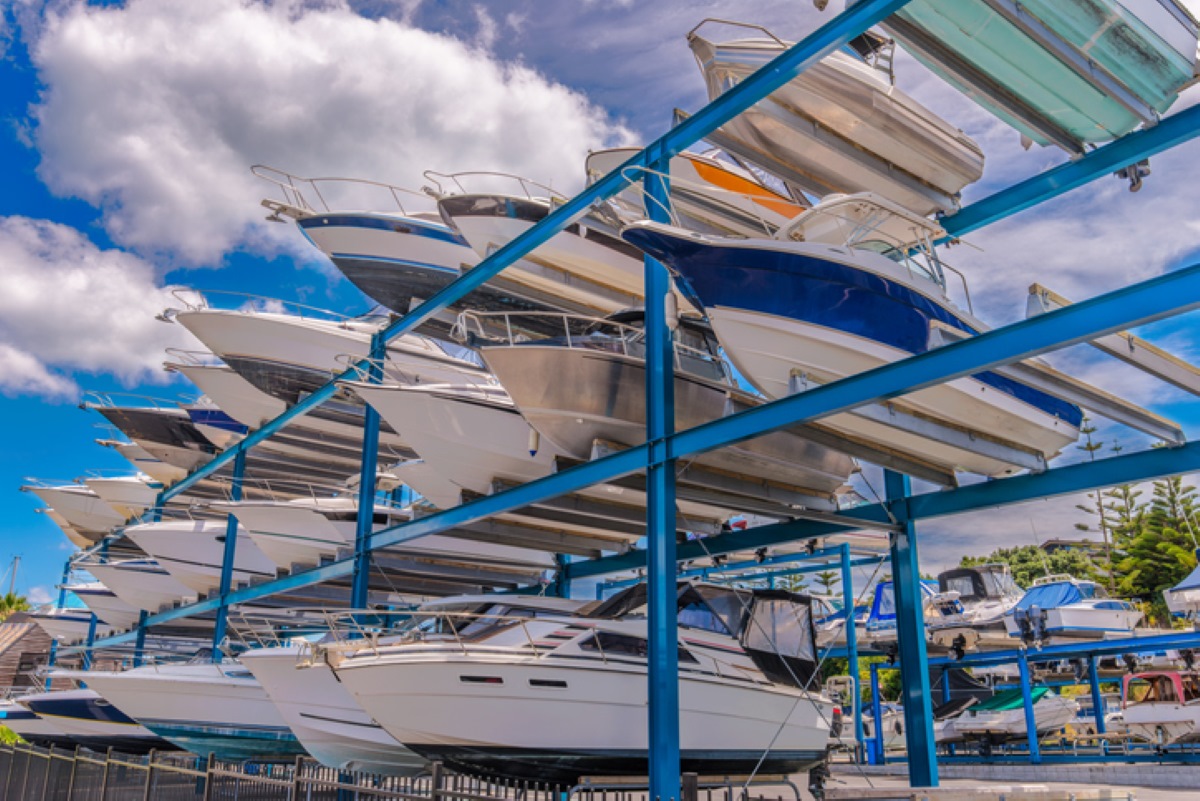
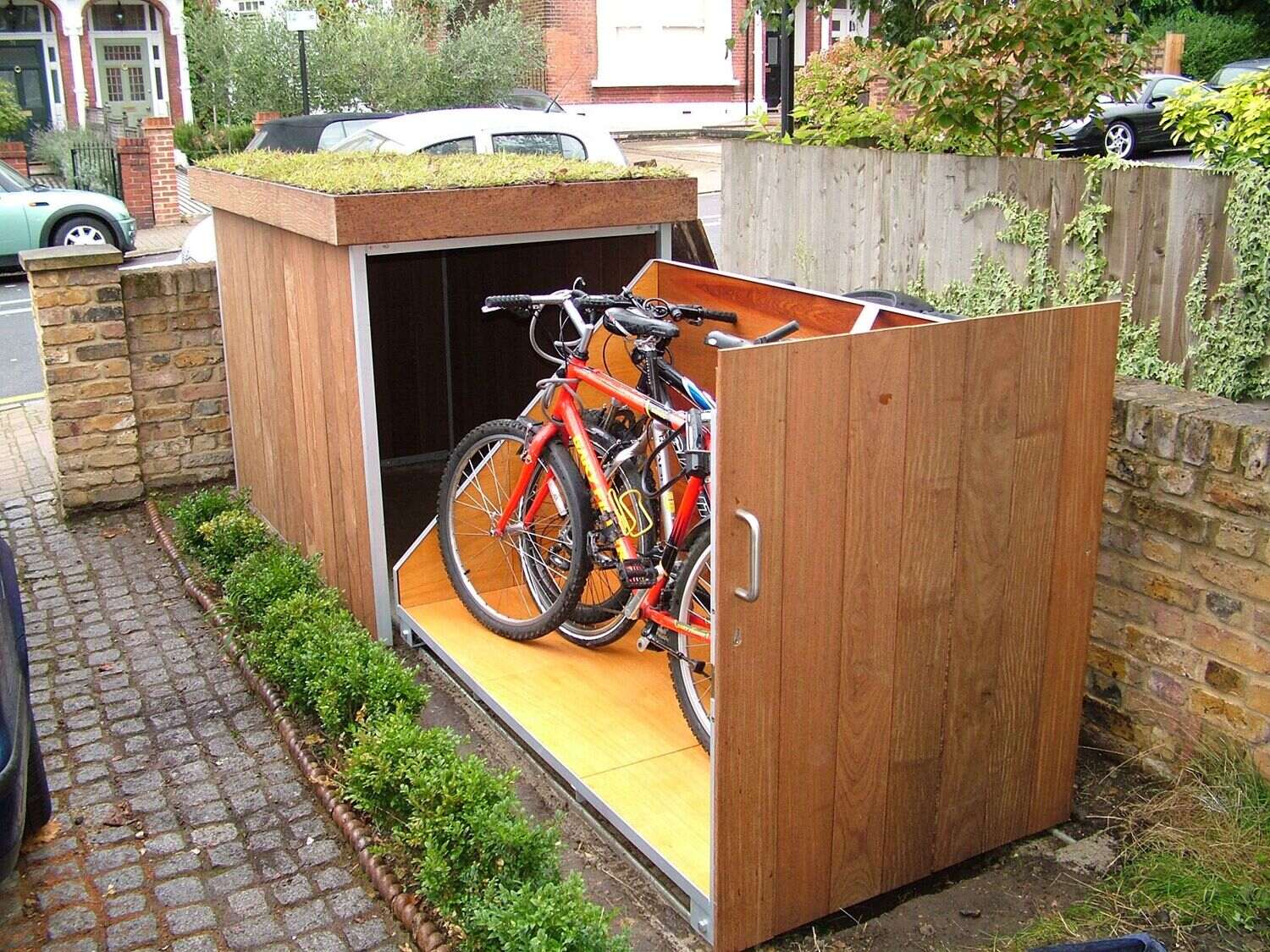
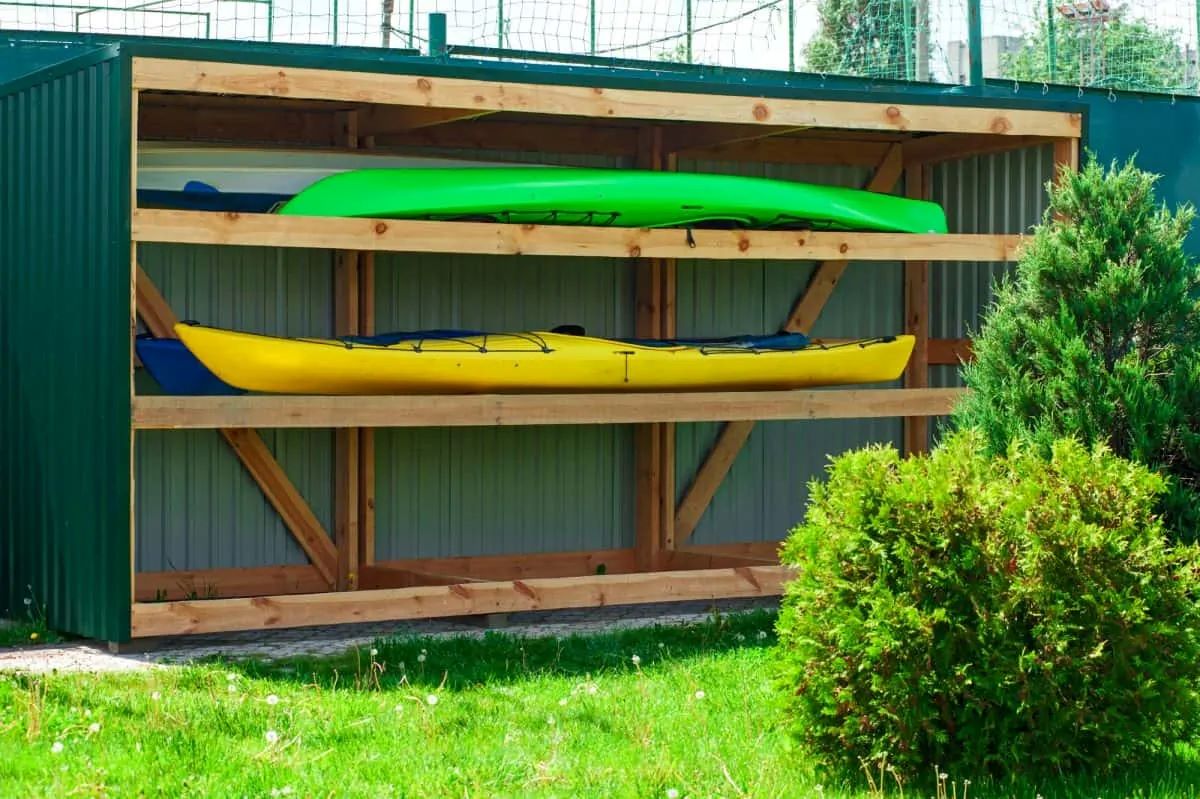
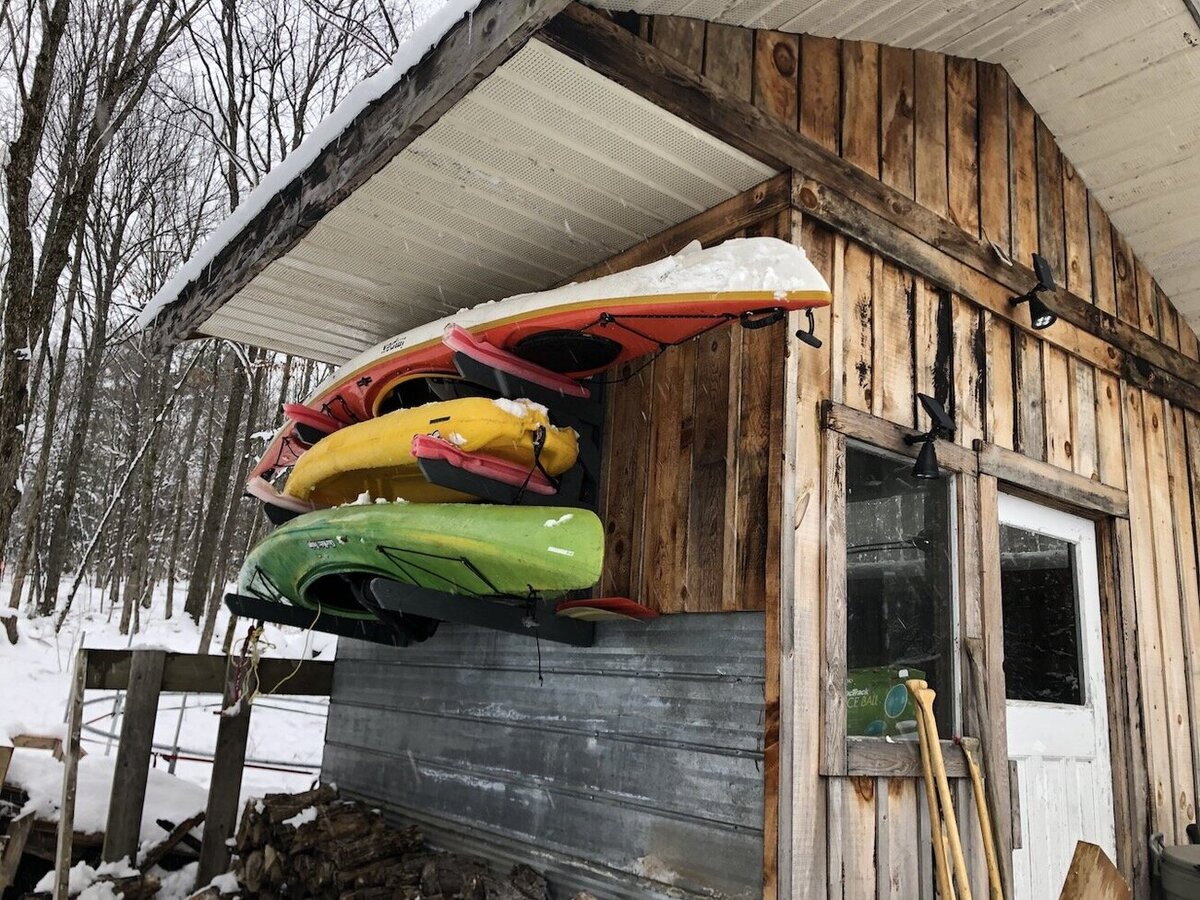
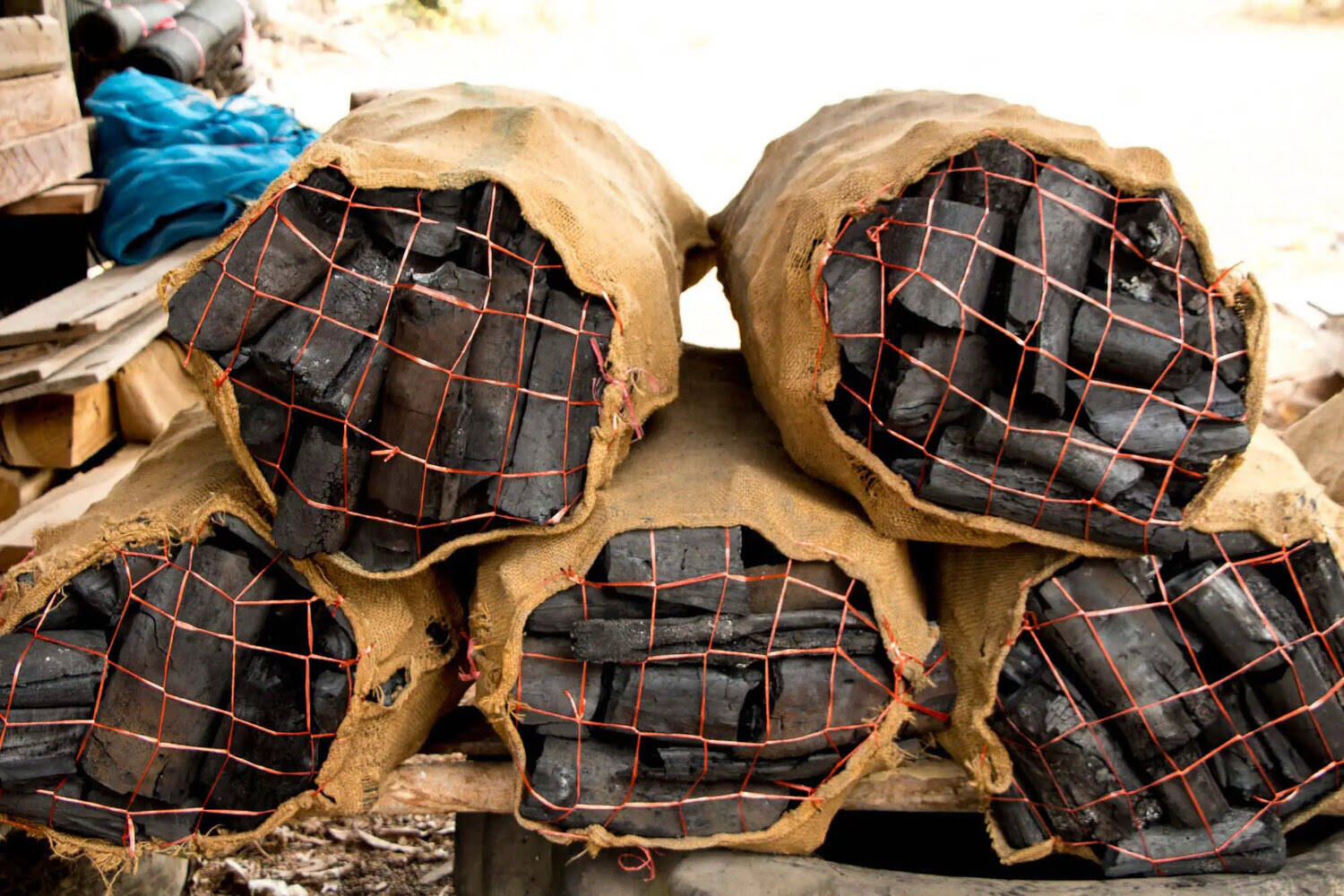
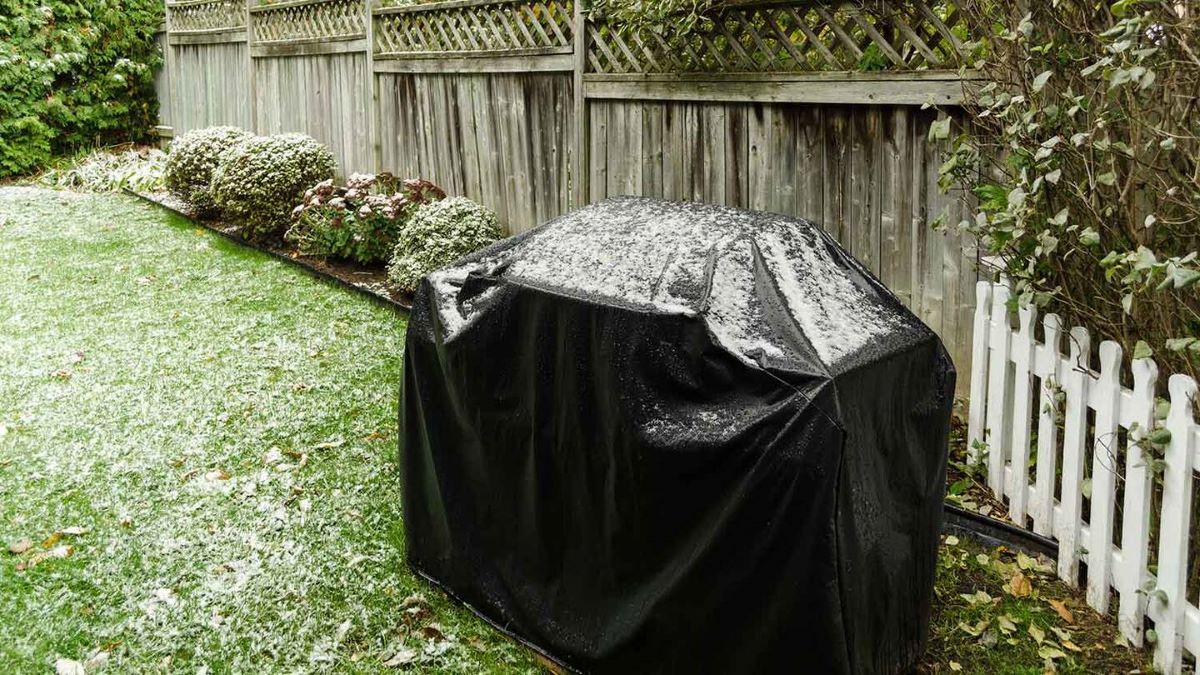
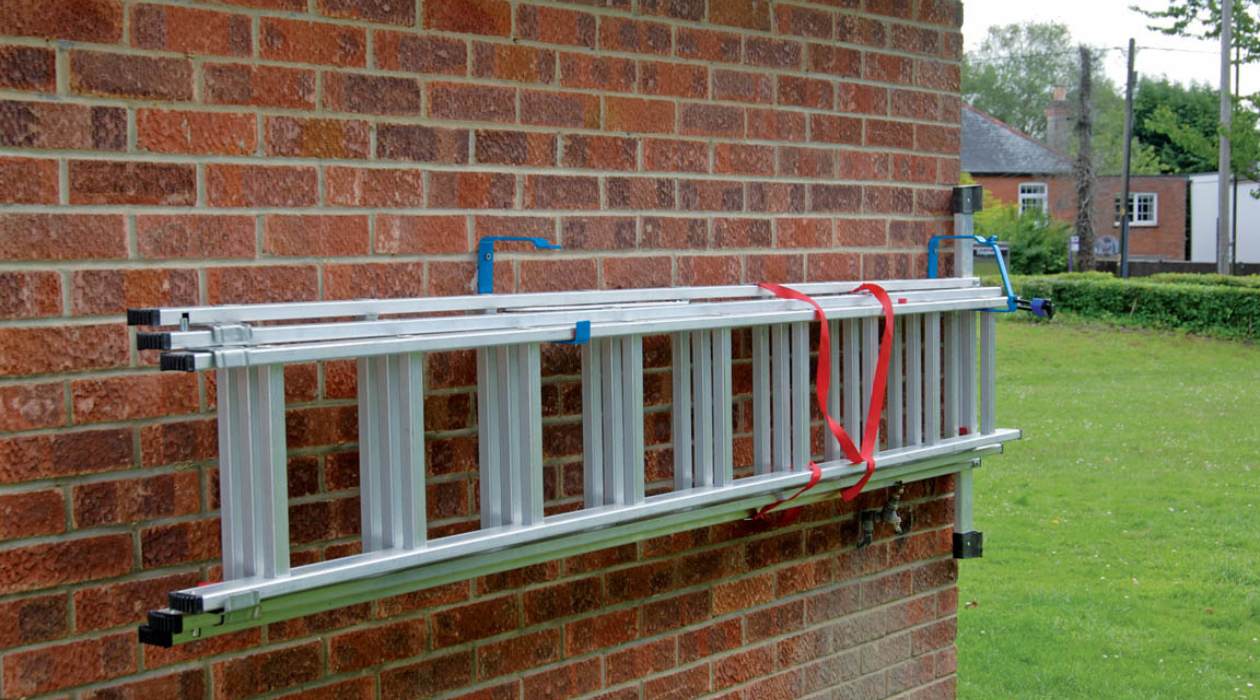
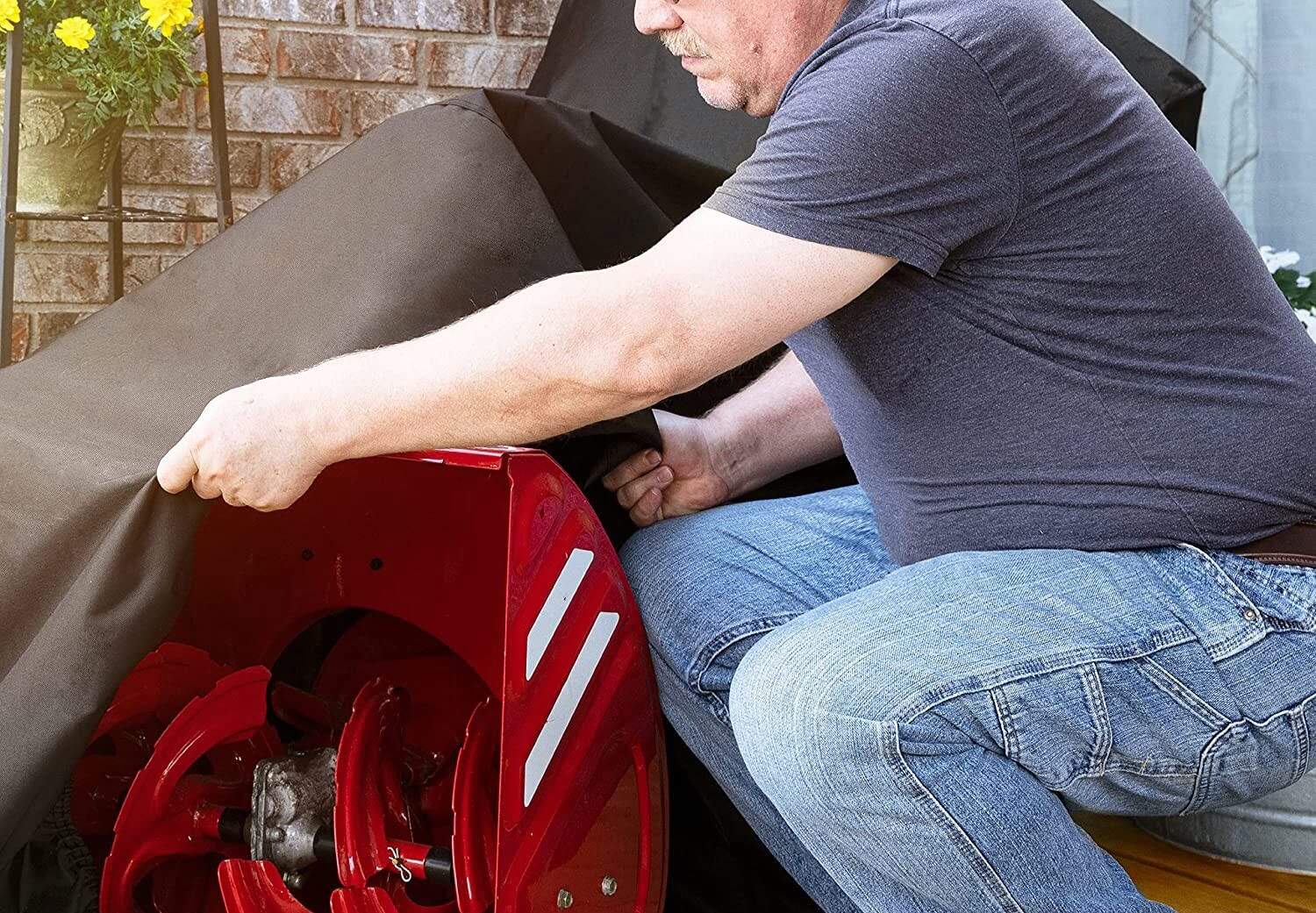

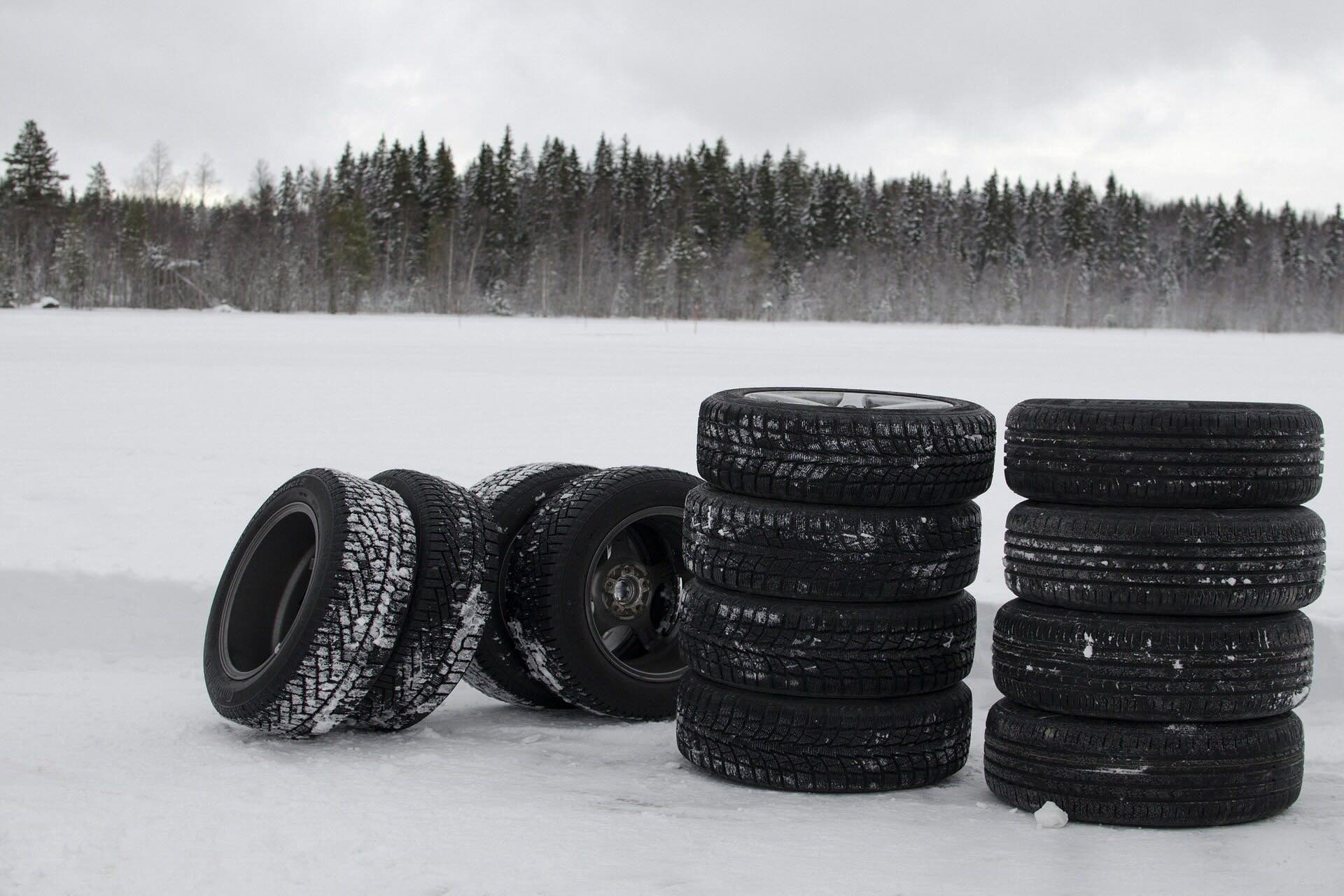
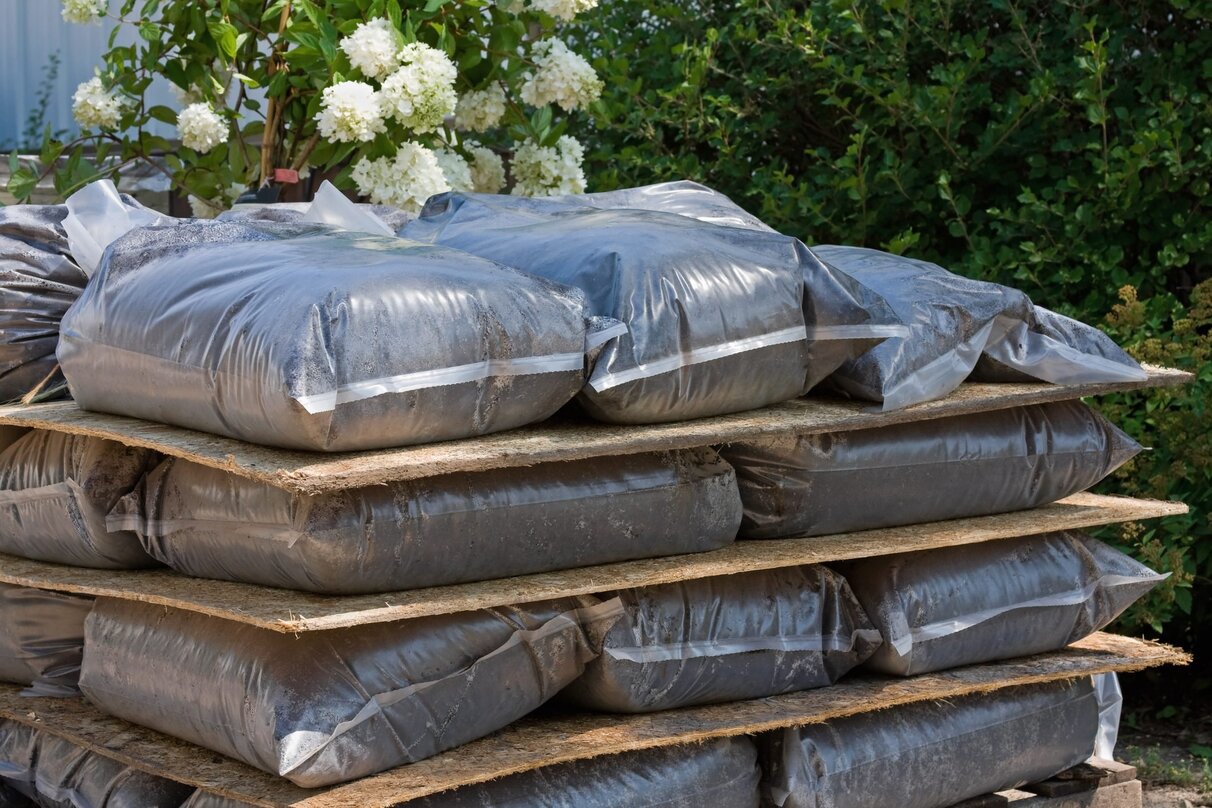
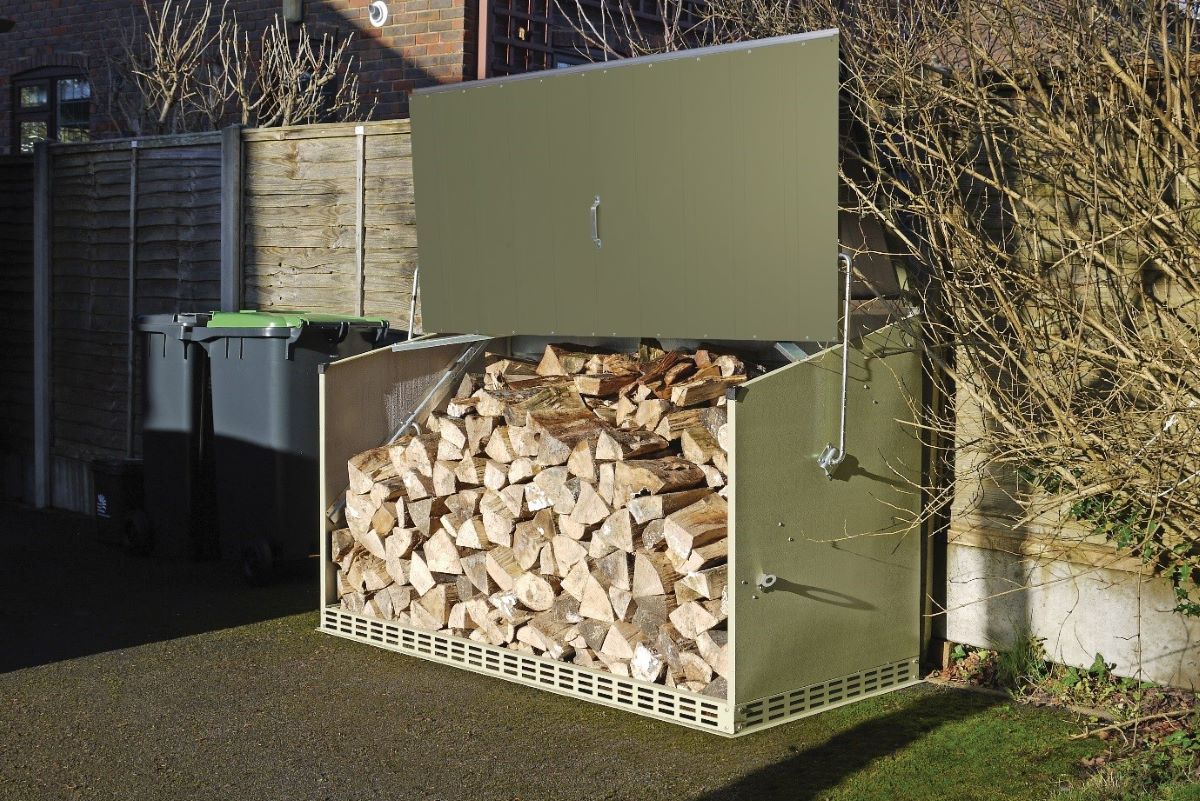


0 thoughts on “How To Store Pool Chemicals Outside”